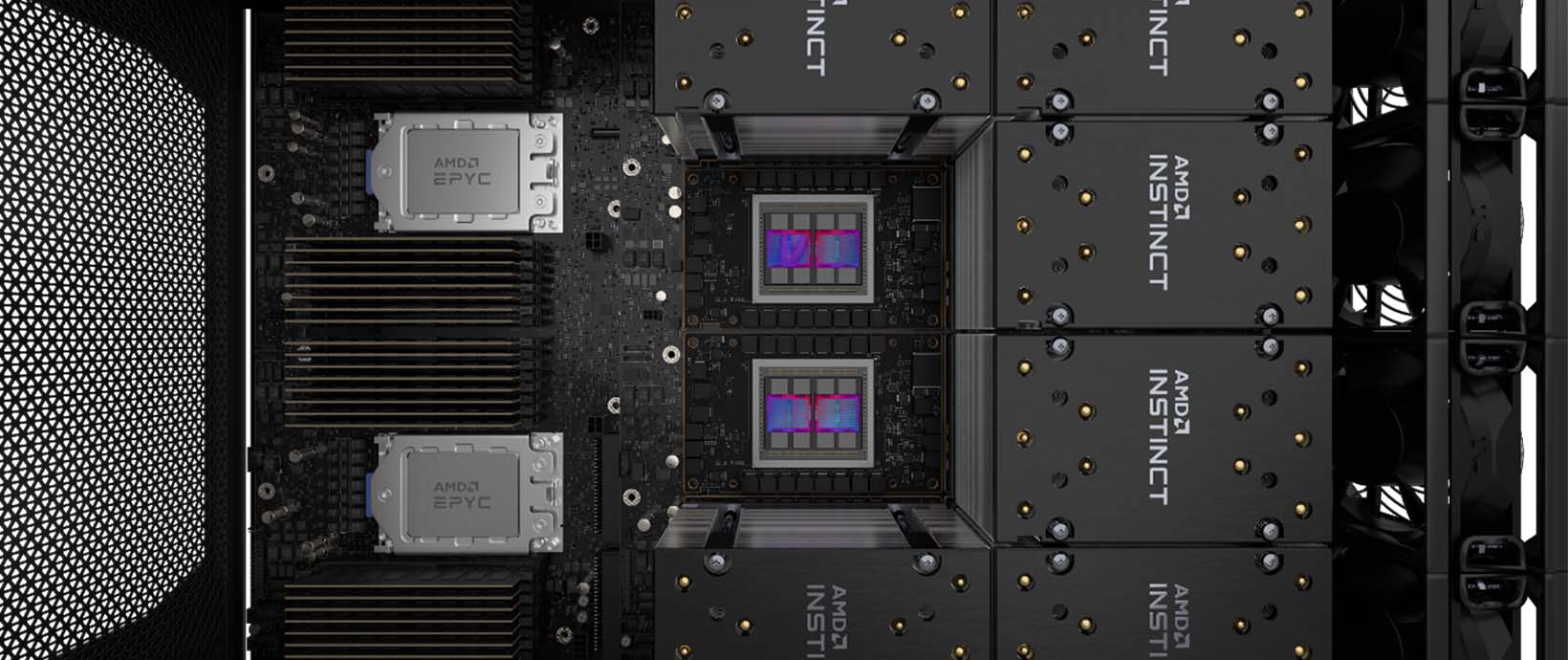Altair SLC™ Now Supported on IBM Power Infrastructure
IBM® Power® is a family of servers based on IBM Power processors which run a range of operating systems, including IBM AIX®, IBM i, and Linux®. IBM Power infrastructure is purpose-built for today's demanding and dynamic business environments. IBM Power is optimized to run essential workloads such as databases and core business applications and maximize the efficiency of containerized applications.
These highly reliable servers are a very popular choice for mission-critical applications, including financial services, because they are known for their scalability, performance, and energy efficiency with the most demanding workloads. They provide superior virtualization and management features while offering on-demand flexibility and security with better isolation and integrated stack.
An extensive series of tests were performed by Altair to validate Altair SLC™ for use on all types of IBM Power servers. Altair intends to work with IBM to resolve any issues that may arise.
Altair SLC's built-in SAS language compiler runs SAS language and SQL code. It utilizes Python and R compilers to run Python and R code and exchange SAS language datasets, Pandas, and R data frames.
Moreover, the software's wide-ranging SAS language support includes core language, macros and output support, statistical analysis, time series analytics, operational research, machine learning, matrix manipulation, graphing, machine learning, and output delivery. Altair SLC also includes a language software development kit (SDK) for developing custom language terms. Customers use Altair SLC with Altair SLC Hub to manage workloads, deploy models into production environments, and schedule execution of models and programs.
In addition to IBM Power servers, Altair SLC runs on all major computing platforms, including IBM z Systems and z/OS operating systems. Altair and Merrill Consultants fully support running MXG with Altair SLC. Altair SLC can operate in batch and interactive on a mainframe for production and development workloads using JCL and TSO terminal interfaces.




